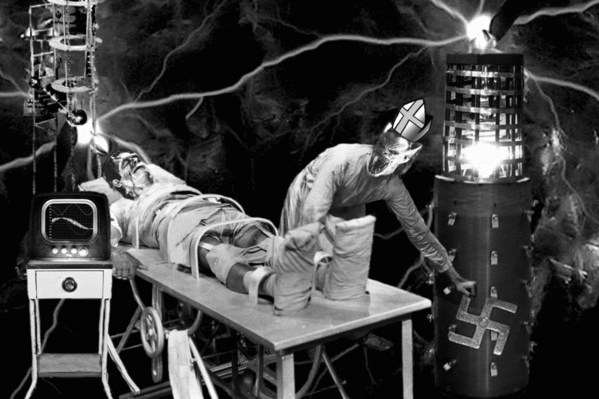I haven't been online much since my kid has been in college but something happened recently which compels me to stress the importance of making the right decision when choosing a college. Here are a few random thoughts post the experience.
1. There is no such thing as a multi-year scholarship even if it is the policy of the school to commit for the duration of the initial offering. So many teams are "churn em and burn em" because college baseball isn't about development. You either can help the team now or you cannot. The question isn't a bad one to ask because a coach will display his integrity or lack thereof depending on his or her response. It's the same for girls volleyball as in baseball. Coaches will tell you they're committed and even have a clause in the NLI stating such but your kid will be pressured to leave regardless. Net effect is no multi year scholarship.
2. Looking at rosters to research a school for needs and opportunities is a waste of time. College coaches would much rather rely upon a JUCO player to fill a need than a high school player. Look at the school, competition and the success of kids who you perceive at or near the same level as your son. Viewing the historical roster for Freshman and Sophomore churn interesting too.
3. The recruiting coordinator is merely a lead generator for the school's program. It's great if the coach is someone you connect with but don't think for a minute you play for him. You play for the head coach. An assistant coach never fills out a lineup card. Speaking from experience... If you son is a power hitter and the coach plays small ball, don't think they'll adjust their philosophy. Coaches tend to play the style of ball they're comfortable with. Sure, they'd love to hit home runs but those guys are sprinkled in the line up. Don't kid yourself. Ask the question. You'll likely hear that it depends on his players or he'll say "balanced". Nonsense! Don't try to fit into a system that isn't a fit.
4. Proximity to home. Lots of bravado on the part of a high school player but the reality is that they've not ever been away for extended periods of time. College baseball is a year round commitment. Even more so than professional baseball. Here's what I mean... They leave for summer term and work out from June to August. Couple weeks home and back to school for workouts and individuals. They're working 6 days a week and most of them 7 because they're trying to get an edge. No going home for weekends. Fall ball ends and individuals pick right up again. Two weeks home at Christmas and back at it until end of May. If your team makes a playoff, you don't get home. It's straight to summer ball. Anyway, it's not an easy life and getting home for even a day is a nice perk. So glad my kid didn't accept the CA school offer! Be realistic.
5. Be strong no matter what school you choose. Stick with what has made you successful. In many cases, a high school player is getting better instruction from their current outside lessons that they will receive from a college coach. Many guys in our area who give lessons are ex-MLBer's or minor league coaches. They've made it further in their careers than did the college coach. Instead of caving assuming the college guys is always right, think about it. If you're not adjusting to the new batting stance or pitching mechanics, it may not be right for you. Have the courage to let your coach know that instead of following instructions like a militant lemming.
Ok...That's my stream of conscience. A good friend's son is leaving his school which is best for him but tremendously disruptive. I feel bad for him because the school has been great. When people say "choose the school first", that's not realistic advice. If baseball isn't a fit, the school choice is irrelevant. They both need to be right.
Long post so excuse the typos.


